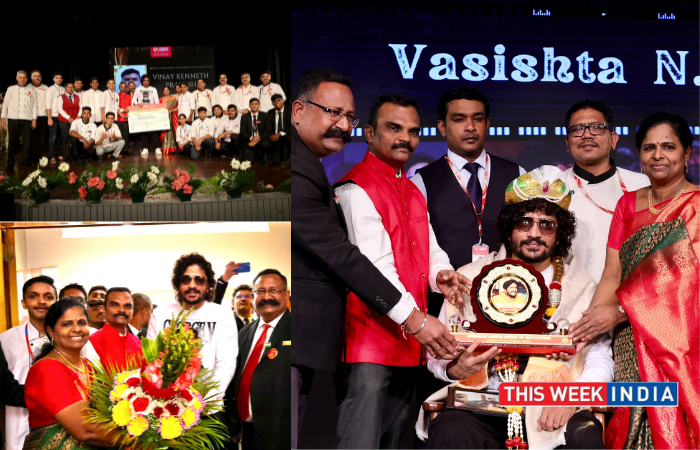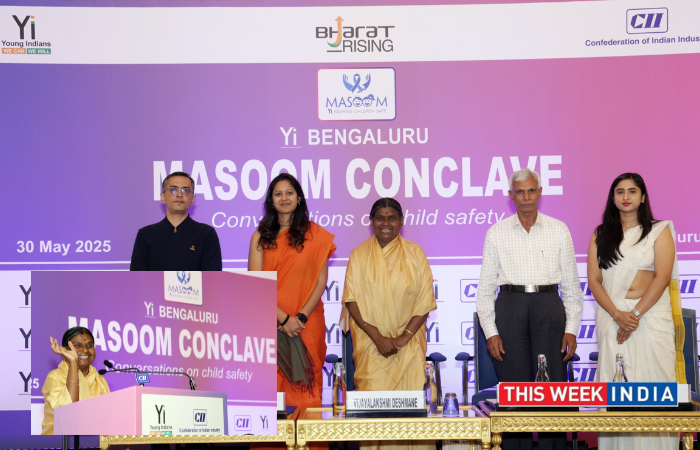The disease profile is shifting from rectal to colon cancers in recent years
BENGALURU / March 21, 2024: Wide adoption of western lifestyle habits, including increased meat consumption, tobacco and alcohol abuse, rising obesity, and other lifestyle modifications, is driving an increase in the incidence of colorectal cancer in India. Interestingly while the proportion of rectal cancers is coming down, that of colon cancers has been steadily increasing among patients. This was said by Dr. Radheshyam Naik, Consultant Medical Oncologist, Hematologist & Bone Marrow Transplant Physician with Sammprada Hospital, Bengaluru, during the ongoing Colorectal Cancer Awareness Month.
Said Dr. Radheshyam Naik: “Colorectal cancer is predominantly a disease prevalent in people belonging to the wealthy and upper-middle class due to obesity and the Western lifestyle they follow, especially their food intake. Urban areas see higher incidences compared to rural regions, largely due to differences in lifestyle, diet, and access to healthcare services. The shift from rectal to colon cancers in recent years signals a change in cancer profile, emphasizing the need for public health interventions.”
Colorectal cancer accounts for around 5% of all cancer cases in India. In men it presents an incidence rate of 4-6 per 100,000, while in women, the figure is is 4-5 per 100,000, with the disease slightly more prevalent among males.
Said Dr. Radheshyam Naik: “Colorectal cancer is curable in its early stages, and a significant number of patients can be cured even in later stages, with survival rates at about 60% across all stages. Preventive measures and early detection can increase the cure rate to 95%. This highlights the importance of timely diagnosis, appropriate treatment, and regular follow-up care. The treatment of colorectal cancer is largely standardised but most surgeons in India tend to operate even advanced cancers which reduces the overall cure rates. There is also suboptimal utilisation of chemotherapy and radiotherapy.”
The doctor said that reluctance of patients to get themselves tested through colonoscopy and stool test to check for occult (hidden) blood, is the biggest challenge in treatment of colorectal cancer. “Suboptimal utilisation of all modalities of treatment is also a big issue. Cost is always a factor as the newer antibodies are expensive,” he added.
Constipation alternating with diarrhea, changing bowel rhythm, blood in the stool, pain on defecation, anaemia, fatigue, loss of weight, and abdominal distention are some of the symptoms of colorectal cancer that people should not ignore, Dr. Radheshyam Naik said.
Risk factors include obesity, tobacco and alcohol, lack of exercise, reduced fibre intake in the diet, increased meat consumption, history of colorectal polyps, inflammatory bowel disorders, and long term-constipation. About 10% of cases may have genetic causes.









